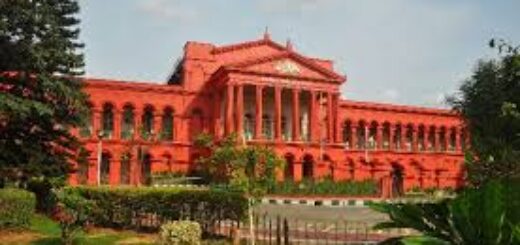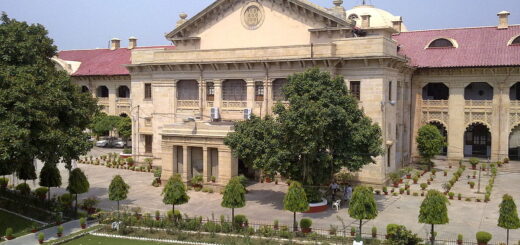The Supreme Court has reminded the Himachal Pradesh government that the right to property is still a constitutional right. They warned that the government could face significant costs for taking property without providing compensation.

The Supreme Court recently decided not to impose costs on the Himachal Pradesh government for filing a Special Leave Petition (SLP) against a High Court order that required compensation for land acquisition. The Court stated that the State “cannot be allowed” to take citizens’ property without giving proper compensation. This comment was made during the hearing of the SLP, which challenged a High Court ruling that found the state had not proven it had the consent of certain landowners before taking possession for road construction. The High Court deemed the state’s claim of having received oral consent “legally unsustainable” and stated that the government must clear the land according to the law and pay compensation.
The Supreme Court noted that it has seen many cases where the Himachal Pradesh government has contested High Court orders that mandated compensation in land acquisition matters. A two-Judge Bench, consisting of Justice B.R. Gavai and Justice K.V. Vishwanathan, remarked, “Even though the right to property is no longer a fundamental right, it remains a constitutional right. The State cannot take land from citizens without providing appropriate compensation.” While the Court considered imposing significant costs, it ultimately chose not to do so. Advocate Varinder Kumar Sharma represented the Himachal Pradesh government.
The cases involve the state government taking control of certain properties in the 1970s and 80s to build roads. The Petitioners told the High Court that they had raised concerns and asked the government to follow the Land Acquisition Act, 1894, before any construction started. They allowed the work to proceed based on the government’s promise to begin acquisition processes and pay compensation. However, they claimed they never received any payment. The state government argued that the road construction only happened after requests for better road access were made, and that no objections were raised during the work. Thus, they claimed there was no budget for land acquisition, and the landowners were not entitled to compensation.
In its Order, the High Court noted that the state government claimed the land was taken with the owners’ verbal consent. However, the Court found this argument to be “unsustainable in the eyes of law,” pointing out that the state did not provide any evidence of the owners’ consent during or after the road construction. The Supreme Court’s ruling in Vidya Devi v. State of Himachal Pradesh (2020) was referenced, where a similar claim about obtaining oral consent was deemed “completely baseless.” The Court stated, “The State cannot dispossess a citizen of his property except in accordance with the procedure established by law. The obligation to pay compensation, though not expressly included in Article 300A, can be inferred in that Article.” The Court stated in Vidya Devi that taking someone’s private property without following legal procedures violates human rights and goes against the constitutional right in Article 300 A.
Cause Title: State of Himachal Pradesh v. Upender Kumar [Special Leave Petition (Civil) Diary No. 49057/2024]









